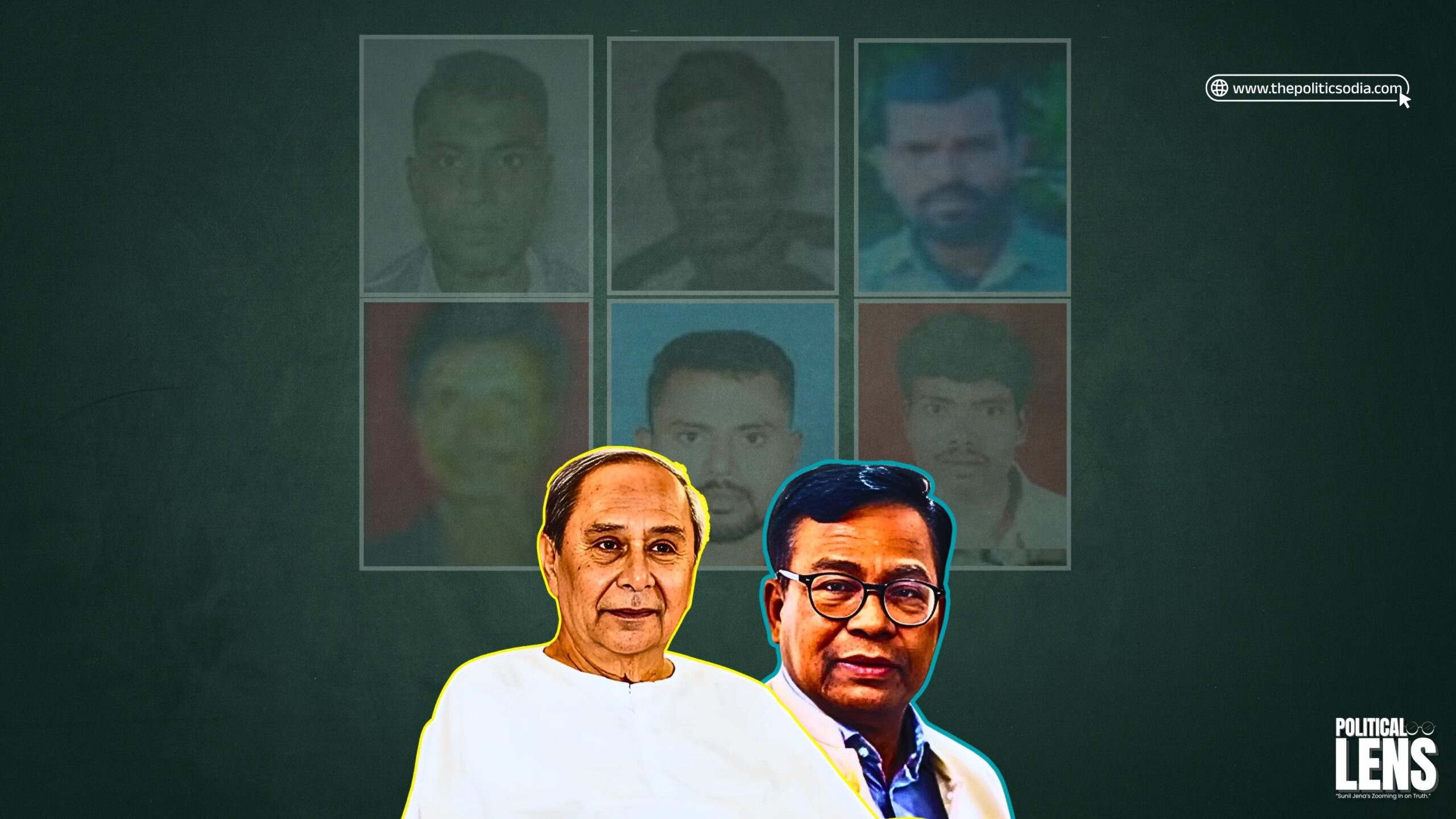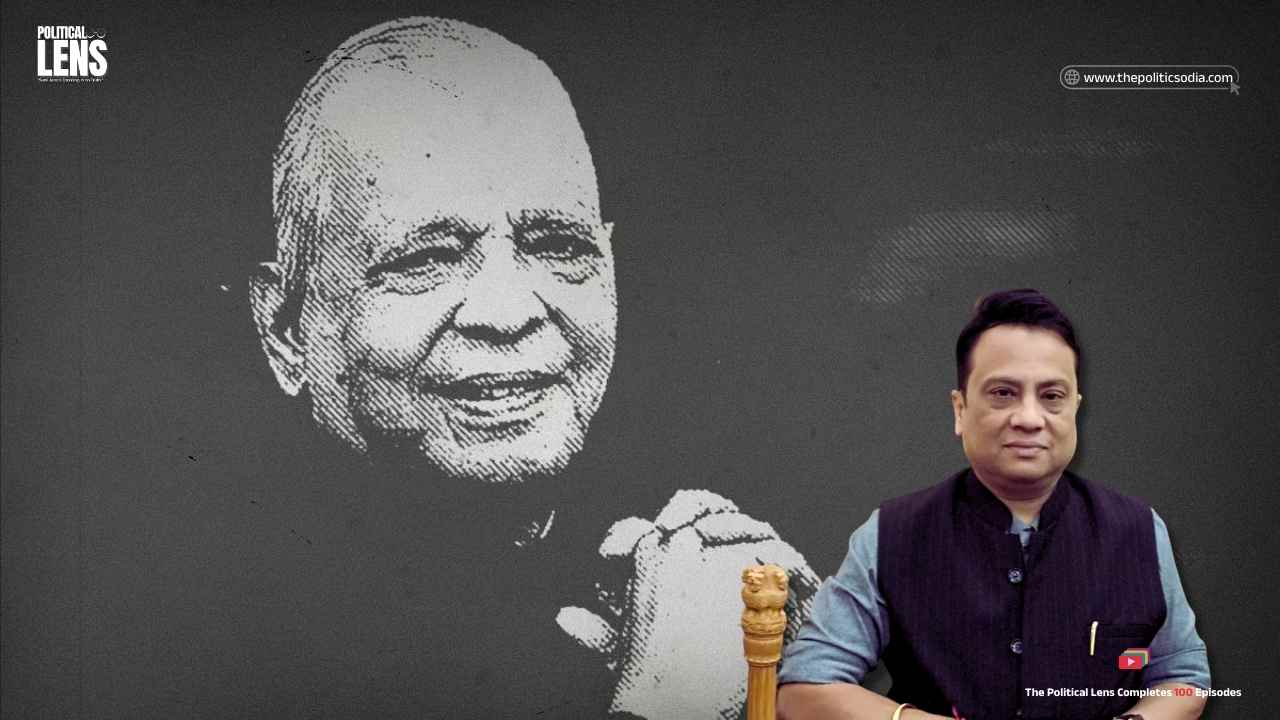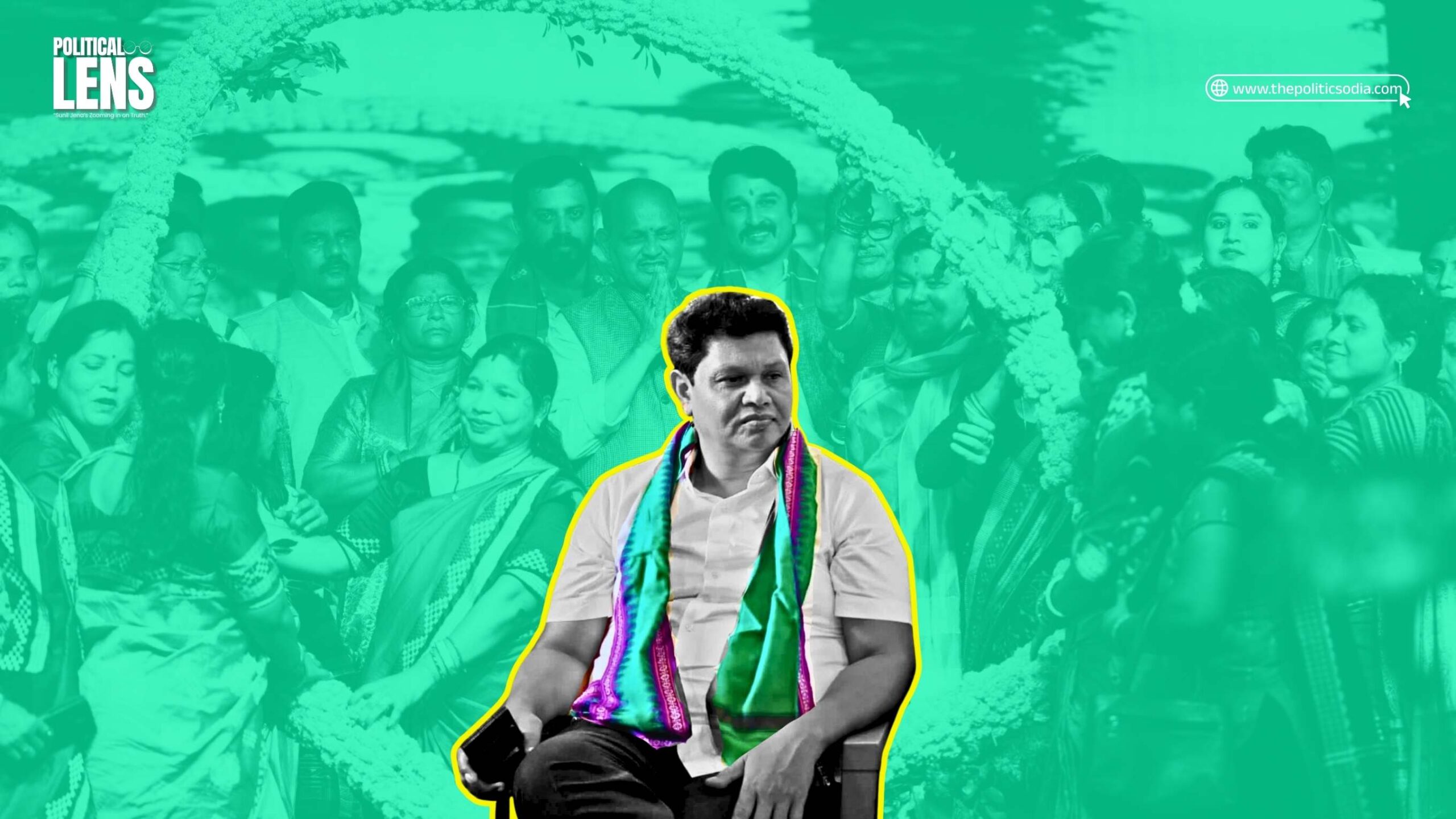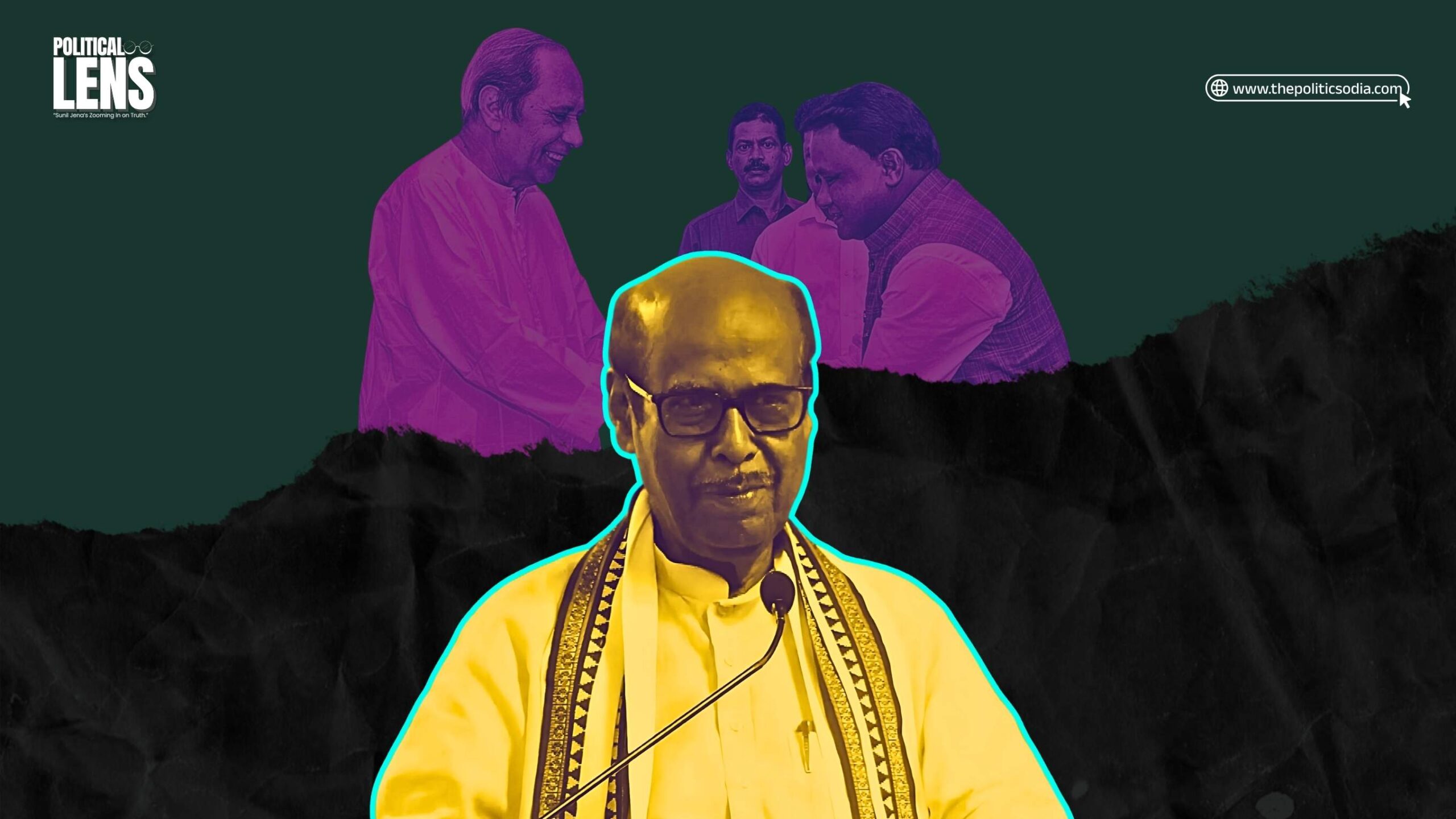By Sunil Jena
Editor-in-Chief, The Politics
In the last two years, Odisha has silently lost 207 of its own — all of them migrant workers who left their homes in search of a better life. Many of these workers, coming from districts like Ganjam, Gajapati, Balangir, and Kalahandi, have died in tragic circumstances far from home — often in hazardous industries, unregulated construction work, or illegal quarries.
The latest tragedy took place in Andhra Pradesh’s Balikurava, where six Odia workers were killed in a blast at a granite quarry. They had migrated there with hopes of earning enough to support their families. But instead, their bodies returned — shattering the dreams of their loved ones forever.
Back in Odisha, their home villages are now gripped in mourning. Parents have lost sons, wives have lost husbands, and children have lost their future.
A System That Was Supposed to Change
The Odisha government had once promised to eliminate unsafe migration by forming task forces and appointing labour officers in all 314 blocks. But the ground reality tells a different story.
Despite these measures, contractors continue to recruit poor villagers — offering advance payments, false promises, and no legal safety net. The ‘Dadan system’ (unofficial labour migration) still thrives.
Ganjam district has recorded the highest number of deaths among migrant workers, followed by Balangir, Kalahandi, Kandhamal, Mayurbhanj, and Nabarangpur.
This isn’t just a statistic — it’s a humanitarian crisis.
Where Are the Political Voices?
What’s more shocking than the deaths is the silence that follows.
- No strong statements from Odisha’s ruling party, BJD.
- No major action or protest from the opposition, including the Odisha Pradesh Congress.
- There was not even a serious demand for justice or reform by the opposition leader.
Why is no one speaking up for these workers?
Why does their pain not shake the political conscience of the state?
What Needs to Change?
This issue should not be politicised — but it must be acknowledged. Migrant workers are the backbone of Odisha’s rural economy. Ignoring their deaths is not just a policy failure — it is a failure of empathy.
If we don’t act now, the cycle will continue:
Migration. Exploitation. Death. Silence.
Odisha has lost 207 workers in two years — and with every silent death, we lose a piece of our collective humanity. It’s time for the state government and all political parties to act — not just talk.




